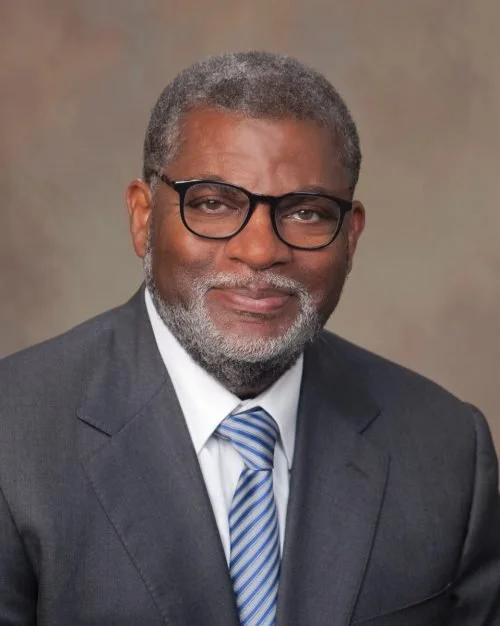Episode 182: Being Poor Is Expensive
Check cashing places, payday loan lenders, car title loans, and flex loans are examples of predatory financial products that are pretty much the only resort for people living in low income areas. With repayment rates of up to 400%, how do people who are starting off with less survive if they continuously have to pay more? To break down what we need to know about predatory financial products and solutions to the problem that can help close the racial wealth gap, L. Joy brings Bill Bynum to the front of the class.
Homework:
Read the Brookings Institute’s article: Inflation could wreak vengeance on the world’s poor: https://www.brookings.edu/blog/future-development/2022/03/18/inflation-could-wreak-vengeance-on-the-worlds-poor/
Read the Hope Policy Institute and the Black Clergy Collaborative of Memphis report: High-Cost Debt Traps Widen Racial Wealth Gap in Memphis: http://hopepolicy.org/manage/wp-content/uploads/High-Cost-Debt-Traps-Widen-Racial-Wealth-Gap-in-Memphis-Policy-Brief-Final.pdf
Read the Forbes article What is a Community Development Financial Institution (CDFI)? https://www.forbes.com/advisor/banking/what-is-a-cdfi-community-development-financial-institution/
Our Guest:
William J. Bynum began his professional career in North Carolina by helping to establish Self-Help, a pioneer in the development finance industry, and later built nationally recognized programs at the NC Rural Economic Development Center. In 1994, he moved to Mississippi to become founding CEO of Enterprise Corporation of the Delta, and in 1995 organized Hope Community Credit Union.
Today, Bill leads the family of HOPE organizations (Hope Enterprise Corporation, Hope Credit Union and Hope Policy Institute) which provides financial services; leverages private and public resources; engages in advocacy; and otherwise acts as a catalyst to fulfill its mission of strengthening communities, building assets, and improving lives throughout the Deep South, and mitigate the extent to which factors such as race, gender, birthplace and wealth limit one’s ability to prosper. Since 1994, HOPE has generated over $3 billion in financing that has benefitted more than two million people throughout Alabama, Arkansas, Louisiana, Mississippi and Tennessee, while shaping policies and practices that have improved conditions in opportunity-starved communities nationwide.
Bynum serves on the boards of the Aspen Institute, NAACP Legal & Education Defense Fund, Prosperity Now, Black Vision Fund, Mississippi Today, Churchill Capital IV and V, and as an advisor to Bank of America, Goldman Sachs, Wells Fargo and E Pluribus Unum. A recipient of the Heinz Award, McNulty Prize and University of North Carolina Distinguished Alumnus Award, he previously chaired the Consumer Financial Protection Bureau Consumer Advisory Board, Treasury Department Community Development Advisory Board, served as a member of the Biden-Harris Presidential Transition Team, and the U.S. Partnership on Mobility from Poverty. Bynum is a Towsley Policymaker in Residence at the University of Michigan Gerald Ford School of Public Policy, and alumnus of the Henry Crown Fellowship, Emerson Collective Dial Fellowship and Salzburg Global Fellowship.

